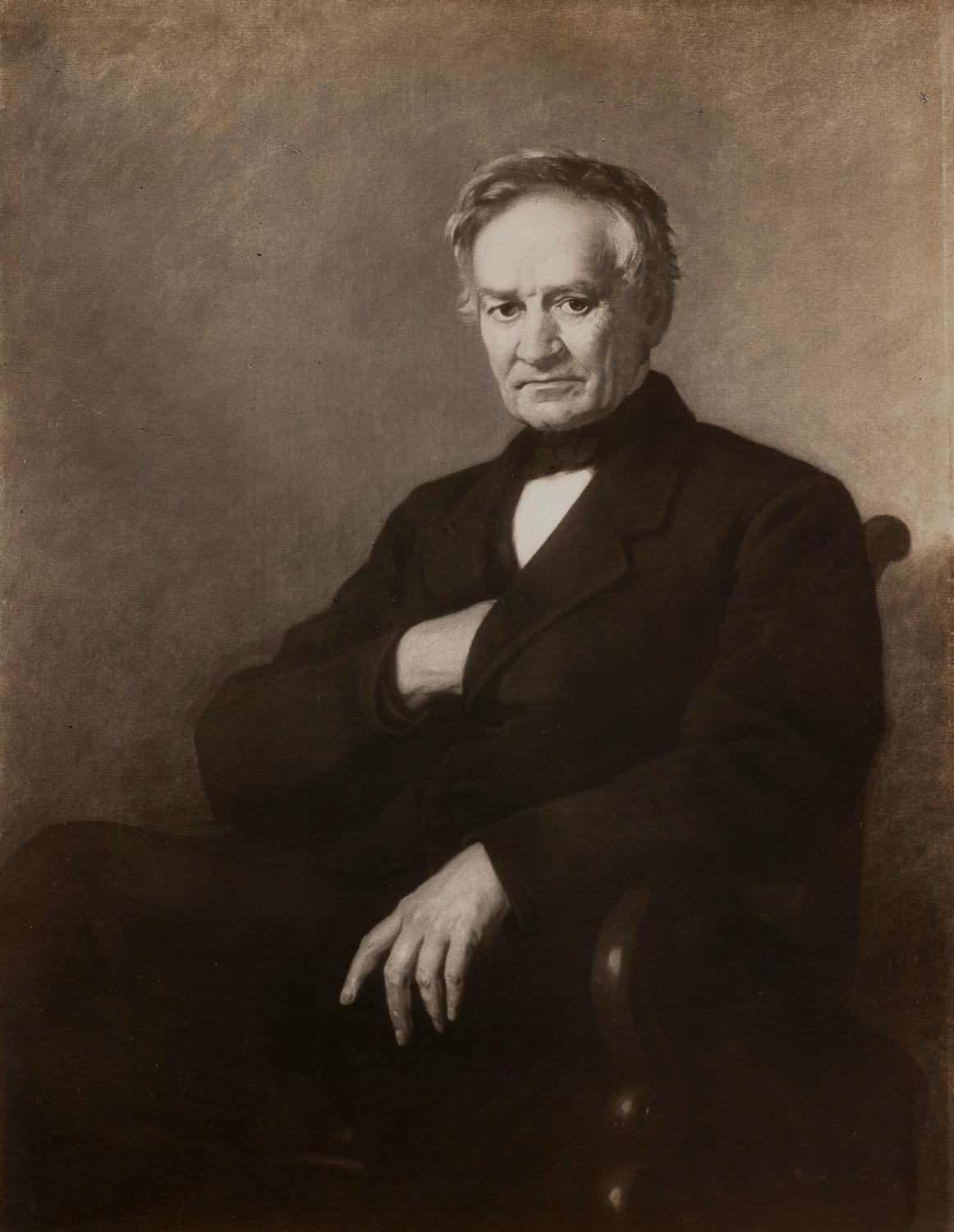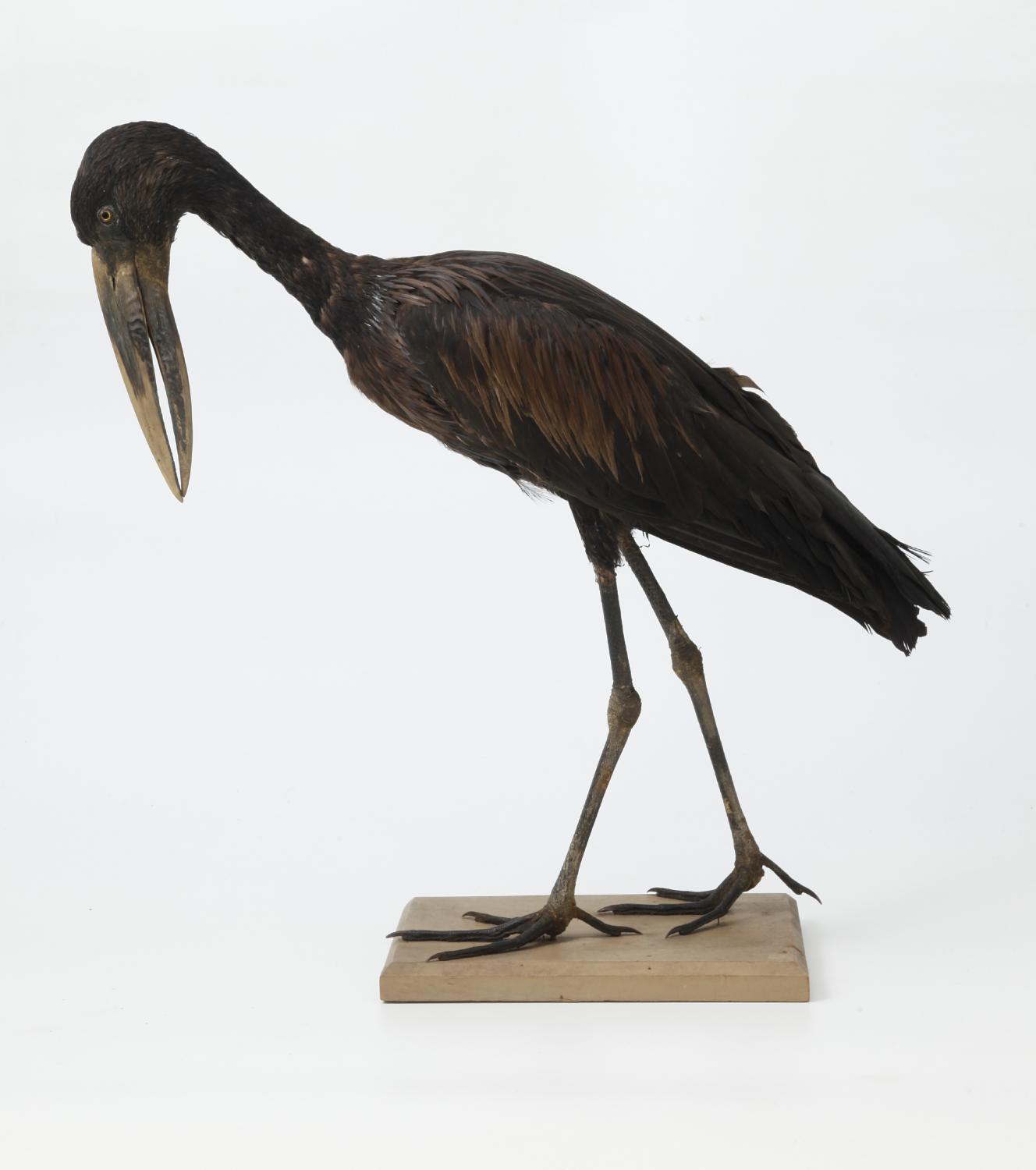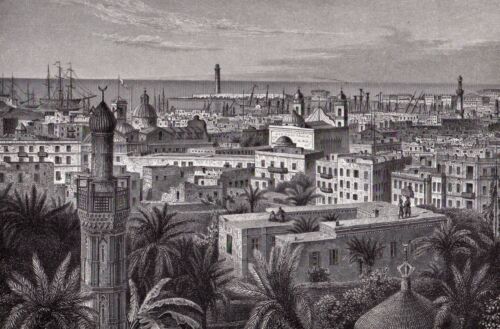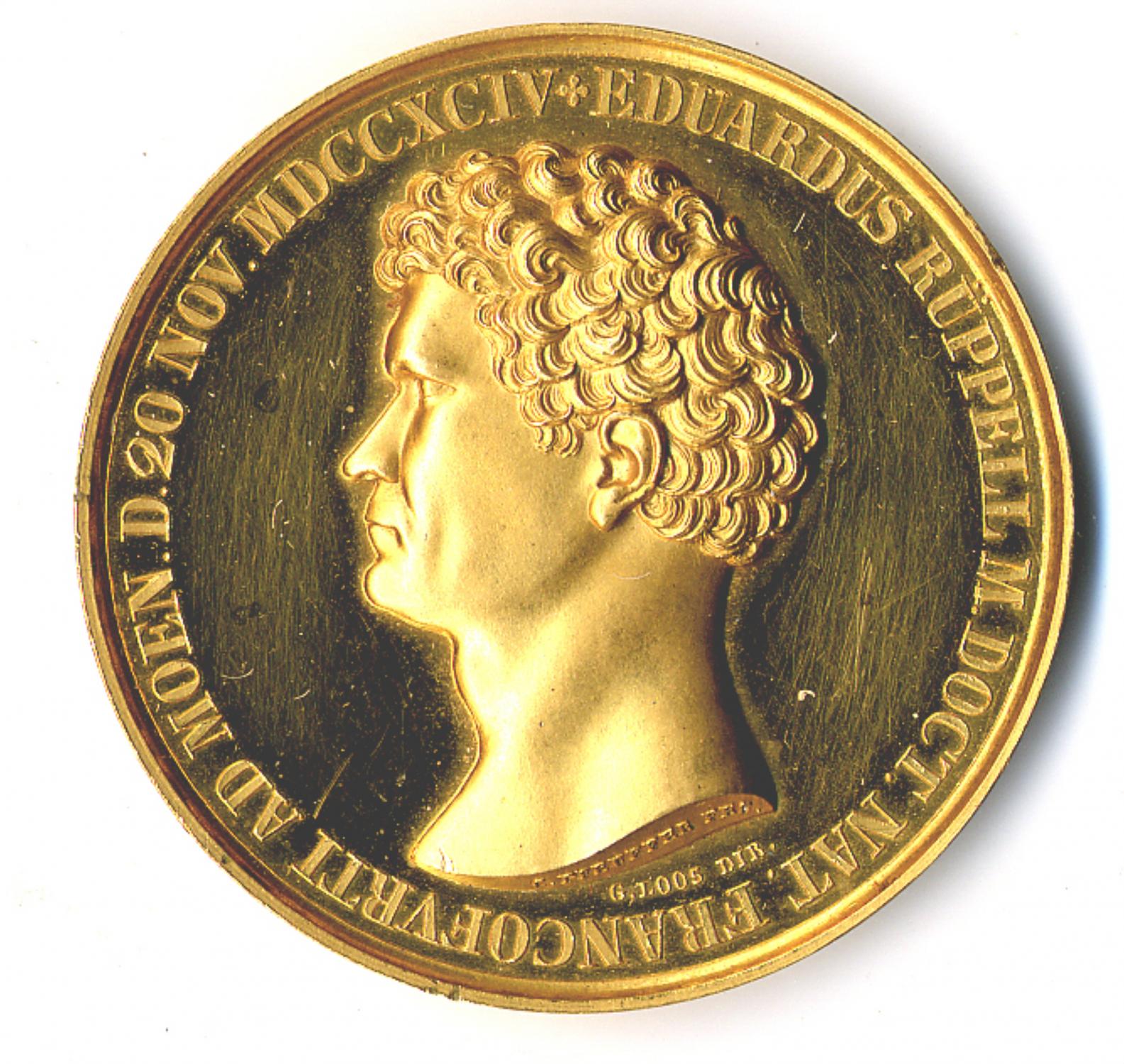* Life * Research * Experiments * Media < back
What was special about Eduard Rüppell's research?

Eduard Rüppell was a very versatile traveling researcher and natural scientist. On his trips to East Africa he pursued everything that aroused his interest. This included zoology, mineralogy and coinage, as well as the origin and development of the Earth and ancient cultures. Despite this breadth of interests, Rüppell had acquired a great deal of specialized knowledge in a variety of research areas, enabling him to gain new insights. He explored unknown animal species and made very exact drawings and descriptions. In 1842, Rüppell was the first to research and describe the naked mole-rat in Ethiopia as an independent animal species. Naked mole-rats live in large groups exclusively underground, in the semi-arid East African climate. Because of their special properties mole-rats are still very interesting for medical research today.

Since Eduard Rüppell often traveled to unknown areas, his journeys were particularly adventurous and had to be well planned. He brought back a large amount of objects and preserved animal specimens from his undertakings, many of which he donated to the Senckenberg Research Society.
The course of Eduard Rüppell's life
Eduard Rüppell was born in Frankfurt on 20 November 1794. He grew up in a wealthy family, because Edward's father had been a smart and good businessman: he had opened a fabric store, then took over a tobacco factory in Hanau, and went on to found a bank with his brother-in-law. Eduard's parents attached great importance to a good education, and were able to afford private lessons for all of their nine children. Eduard was very interested in learning and enthusiastic about science. At the age of 13 he went to a high school in Darmstadt, where he learned several foreign languages and deepened his knowledge of geography and mathematics. However, because his father fell ill, Eduard was unable to continue his studies and forced to attend to the business. Both parents died in 1812, and Eduard became responsible for his siblings. Despite his work as a businessman, however, he still had the great “hope of taking greater and more interesting journeys”. This hope was not to be disappointed.

While working in a trading house in Livorno, Rüppell had the opportunity in 1817 to accompany a consignment to Alexandria in Egypt. He stayed there for ten delightful months, getting to know other travelers, and finally realizing what his future goal would be: traveling, discovering and researching. Since he was wealthy, this decision posed no problems. In order to properly prepare himself for his expeditions, Rüppell began studies at the University of Pavia in Italy. Astronomy was particularly important to him, since it would allow him to find his way in strange, unknown areas where there were no maps.
After thorough preparation, Rüppell undertook several great expeditions to Egypt and other regions in East Africa. These journeys often lasted several years, from 1822 to 1827 or from 1830 to 1833. The people of Frankfurt were enthusiastic about their courageous, famous world traveler, although when he returned he did not want any huge receptions. The city instead had commemorative coins minted for him.

Rüppell had a close connection to the Senckenberg Research Society, having donated it many of the objects he had brought with him. He also became its second director, but was later involved in disputes with the research society. Rüppell was a very headstrong person, but also very generous: he gave everything he had collected in his long life to the Frankfurt museums. Toward the end of his life he expressed the opinion that “giving away everything before the end is the best testament.” Eduard Rüppell died at the age of 90, on 11 December 1884 in Frankfurt.